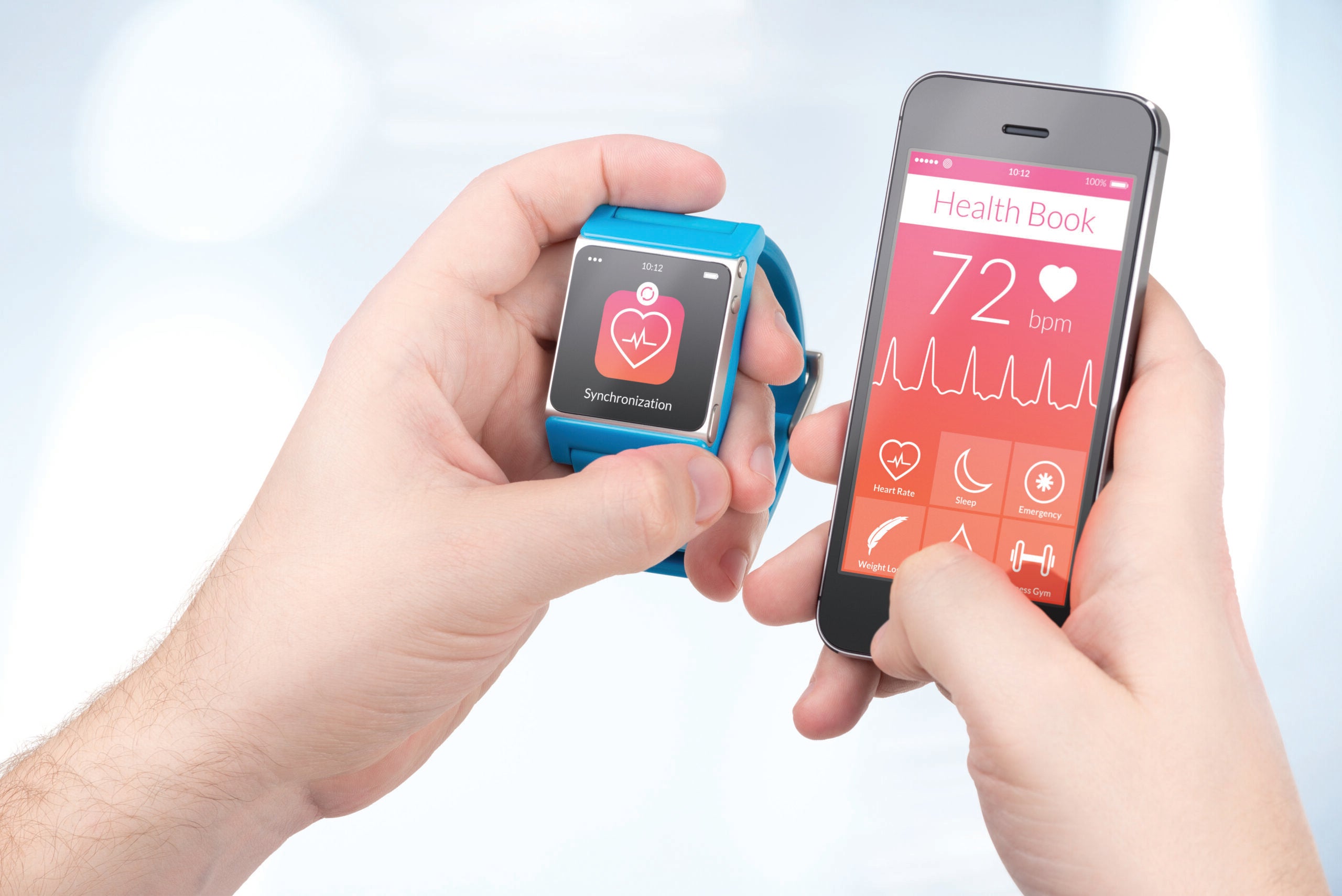Mobile technology continues to revolutionize how clinical trials are conducted and one of the latest hot topics in the industry is ‘bring-your-own-device’ (BYOD). However, the uptake in the industry on digital clinical trials in general has been quite slow due to concerns about clinical reliability and regulatory compliance. However, tides have been changing since the passage of the FDA’s 21st Century Cures Act that saw the regulator revise its stance on mobile health technology to become more inclusive. The potential for mobile-enabled trials to make data collection more accurate and less expensive is now becoming clearer and initial concerns over reliability and compliance are less pronounced.
The BYOD method of patient data collection is becoming more familiar within the industry and, in theory, having a patient use their own smartphone or tablet provided by the sponsor should improve data quality and increase compliance. But there is a host of practical questions and concerns that are holding the industry back from fully embracing the potential of BYOD in clinical trials.
In order for BYOD to become the new norm for mobile-enabled clinical trials, we need to fully weigh-up the potential benefits against perceived risk.
Considering Potential Benefits
The stand-out benefit for choosing BYOD for your trial is that it promises greater patient-centricity. After all, how many devices do any of us actually want to carry? From a compliance point of view, it makes a lot of sense to give the patient the freedom to use their preferred device—they’re familiar with it and are more likely to keep it charged and on their person. Providing devices to patients, especially when the trial has a large number of participants, can also carry a significant cost.
Data can be collected in real-time as the patient’s own device is likely almost always with them. BYOD is particularly useful for data collection in the form of diary entries. When we consider the benefits of BYOD in comparison to paper-based collection, it is much more convenient and discreet for a patient to type how they are feeling into their phone rather than write it down in a physical journal.
Push notifications are another capability of BYOD that can improve adherence. Patients are much more likely to look frequently at their own device rather than one provided specifically for a trial. Therefore, they are more likely to see reminders to take their medication.

US Tariffs are shifting - will you react or anticipate?
Don’t let policy changes catch you off guard. Stay proactive with real-time data and expert analysis.
By GlobalDataGiven personal devices are already ingrained in patients’ everyday lives, the potential for real-world data collection that comes with the BYOD method is seemingly endless. However, there are a number of practical challenges and concerns that need to be addressed before trial sponsors can fully reap the benefits.
3 Practical Challenges to Address
One of the major drawbacks of BYOD is that it can drastically cut down your available patient population because of the technical requirements for the device. When standardized devices are provided to patients, the measurement properties of that device can be fully assessed. However, it’s impossible to do this for all potential device types that registered trial participants may own.
The concern boils down to the fact that devices of different sizes or which have different operating systems may affect the measurement properties of patient reported outcomes (PROs). Therefore, it’s important that equivalence can be proved across multiple devices but the extent of these requirements is still hotly contested. It is this grey area that deters many trial sponsors from further exploring the potential advantages of employing BYOD into their trial design. However, as BYOD is utilized in more trials and therefore more data is becoming available, it is becoming easier to gauge where the line lies.
The second challenge is finding service providers who can support BYOD in clinical trials. There is a perception among trial sponsors in the industry that there are very few service providers out there that can offer them the option. Large CROs who offer the opportunity for BYOD may be too expensive for smaller biopharmaceutical companies to work with and new, smaller service providers may not have much of a track record. The lack of clinical research studies conducted so far with BYOD means that it can be very difficult for clinical teams who want to explore the method to create a business case to convince the executive board to go ahead with the strategy.
In order to mitigate the risks associated with working with new technology and methodologies, trial sponsors need to be willing to collaborate with software teams in the development of the app to ensure it fully meets their needs and then to work closely with sites to make sure the software is user-friendly and that staff are fully trained. Undoubtedly, this will initially result in longer trial timelines but the long-term benefits in terms of reducing logistical complexities and increasing patient engagement shouldn’t be taken lightly.
Lastly, security risks associated with BYOD are one of the most common areas of concern for trial sponsors and vendors. There is the risk that if the device is not properly secured that the personal data being collected for the trial could be accessed by hackers. However, as awareness is being raised about cybersecurity throughout the life sciences industry (due to high profile attacks and recalls), more solutions are being developed. For instance, the first cybersecurity device designed to protect medical equipment from being controlled by hackers is currently being trialed in Victoria, Australia.
As with any new innovation or use of technology in clinical trials, it is impossible to foresee all potential risks and challenges. Undoubtedly setbacks will happen but the tangible benefits BYOD promises for both patients and sponsors are too significant to disregard.





